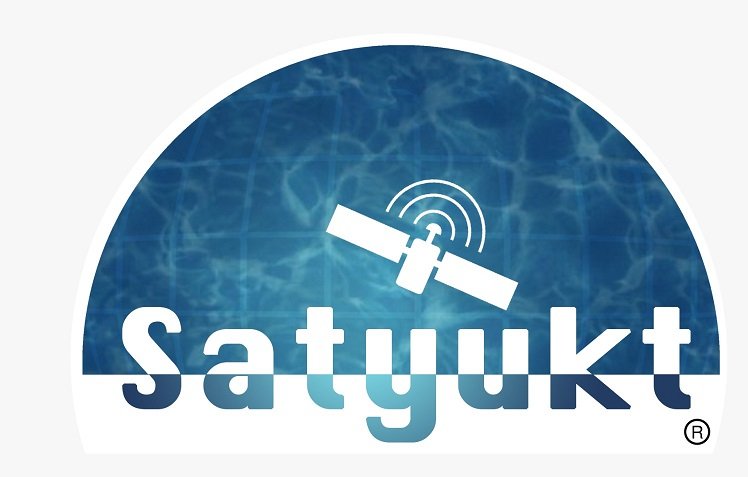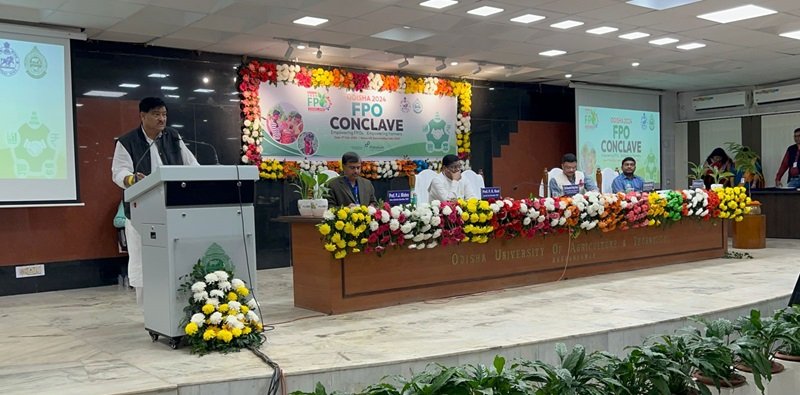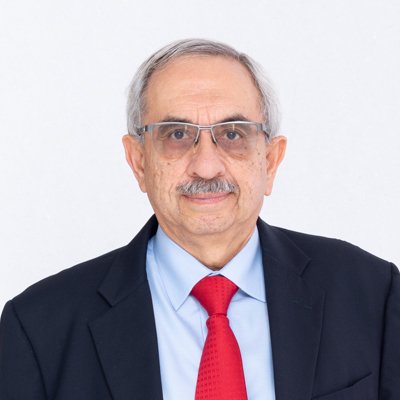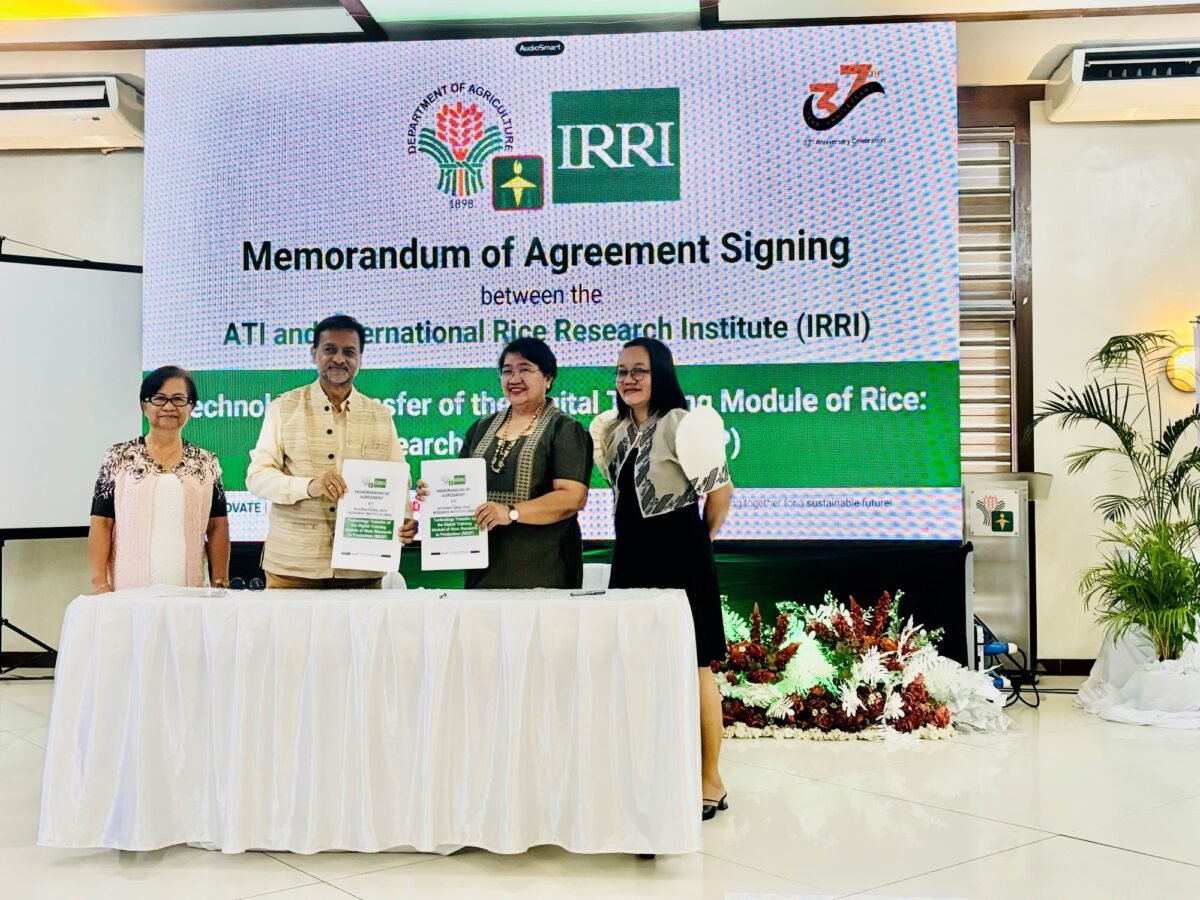Satyukt and Zuari FarmHub collaborate for Satellite-Powered precision farming
Leveraging the power of Application Programming Interface (API), Satyukt will seamlessly provide access to farm management solutions to farmers associated with Zuari FarmHub.
Satyukt, a leading global Ag-tech company at the forefront of harnessing satellite data, advanced technology, and machine learning and Zuari FarmHub have entered into a strategic alliance which is set to redefine the landscape of precision farming through Satyukt’s APIs. Leveraging the power of Application Programming Interface (API), Satyukt will seamlessly provide access to farm management solutions to farmers and other stakeholders associated with Zuari FarmHub.
Zuari FarmHub stands as a dynamic force in the agricultural sector, specialised in the manufacturing and distribution of a diverse range of agri inputs. With a comprehensive product portfolio encompassing fertilizers, speciality nutrients, pesticides, and seeds, Zuari FarmHub plays a pivotal role in providing essential resources to farmers across the country.
Through this partnership, the API integration empowers farmers associated with Zuari FarmHub with a level of control and insight into their agricultural operations. They gain access to a comprehensive suite of tools and metrics that cover essential aspects such as soil health, crop health, moisture levels, and the identification of potential threats like pests and diseases. This integration goes beyond traditional methods, providing a seamless and interconnected platform where data flows effortlessly, ensuring real-time access to critical information. Moreover, the collaborative efforts extend to other stakeholders within the agricultural value chain. Agribusinesses and researchers connected to Zuari FarmHub can leverage the integrated data to gain valuable insights into regional agricultural trends and plan resource allocation strategies.
This holistic approach to data-driven decision-making ensures that farmers and other agricultural stakeholders aligned with Zuari FarmHub are equipped with the tools they need to make informed choices in their farming practices. By offering actionable insights, this partnership enables farmers to optimize their productivity, conserve resources, and adopt environmentally friendly and sustainable agricultural methods.
Dr Yukti Gill, MD, Co-Founder of Satyukt, expressed enthusiasm for the collaboration, stating, “Embarking on this transformative journey with Zuari FarmHub fills us with excitement and anticipation. Our joint commitment to innovation means that we will be at the forefront of developing and providing affordable, actionable, and precise agricultural services. This commitment drives us for sustained agricultural growth to create enduring value for farmers.”
Commenting on the partnership, Madan Pandey, MD, Zuari FarmHub said, “We aim to create value for farmers and stakeholders by providing integrated agri solutions to all farm needs. By providing real time access to farm data, we will empower farmers to maximize yields, reduce wastage and hence ensure sustainable farming practices. Precision farming will create the next agricultural revolution in India that will vastly improve the profitability for Indian farmers.”
Leveraging the power of Application Programming Interface














